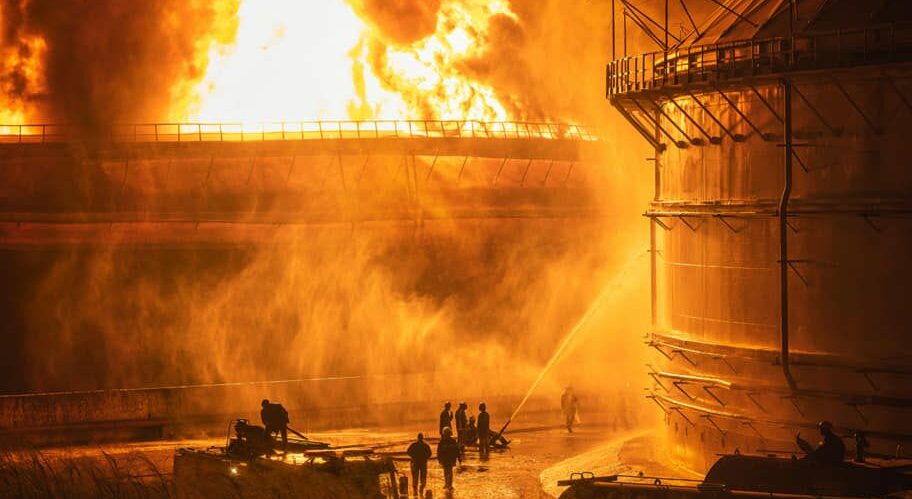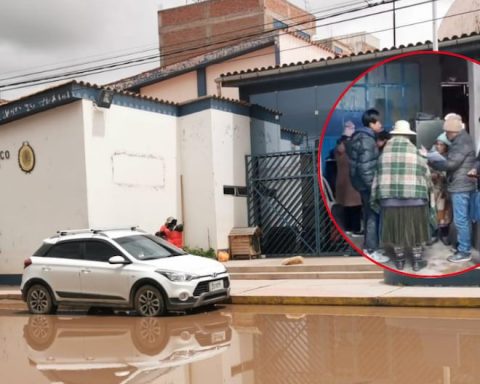MADRID, Spain.- A study carried out by fire experts explained this week why it was imprudent to send the firefighters who died in the fire at the Matanzas Supertanker Base to the front line of fire, unleashed last August 5.
Specialists from Spain and Mexico pointed out that there were errors from the initial response, including the excessive approach to the burning tanks, the means used and the strategy to fight the fire.
Spanish firefighter Joaquín Marfil declared that “it is crazy to bring personnel closer” to the distance they did.
A Pemex firefighting expert told the Spanish news agency EFE: “Twenty meters is reckless, especially with a tank of that size.
While another specialist from the same company stated that trying to lower the temperature of the tanks at close range does not work.
“With the analysis of images from official media, such as those published by the magazine Bohemia and the local press, experts affirm that the appropriate strategy would have been to write off the first tank and work remotely on the second with machinery such as servo-controlled water cannons,” EFE quotes analysts.
“There are materials that you can install and monitor from a distance without putting yourself at risk. If you don’t have them, and you definitely can’t put out the fire or stop it from spreading, what’s the point of putting your staff at risk?
Last August, the Russian specialist Alexandr Gofstein had already explained that the rapid spread of the fire among the oil tanks at the Super Tanker Base shows that there were defects in its structure.
Gofstein pointed out that when building such large fuel tanks, a certain distance must be respected between them and the fencing of each one, precisely to prevent the spill in one from affecting the other.
The lifeguard, who was head of the Rescuers Preparation Center of his country, also referred to the need to create access roads to these places that allow firefighters to do their job in case of disasters such as the one in Matanzas.
Campaign #NoAlServicioMilitarObligatorio gains strength in the networks
The experts quoted this week by EFE also condemned the young age of the firefighters who were sent to put out the fire and that many had very little experience.
Analysts insisted that “personnel with specific and continuous training” are necessary to deal with this type of fire.
After the death of 14 firefighters who tried to put out the fire, several of whom were sent there because they were undergoing military service, and whose bodies could not be identified, a campaign was unleashed on social networks against compulsory military service in Cuba.
The tags #NoAlServicioMilitarObligatorio and #NoAlServicioMilitarObligatorioEnCuba went viral.
“Not only because the life of a young person is in danger at the hands of the military… Also at that time the most valuable energies are lost and dreams and desires are postponed that are at equal risk of being lost forever. #NoAlServicioMilitarObligatorio in Cuba”, tweeted the plastic artist Julio Llópiz Casal.
“Enough of children turned into martyrs”, wrote the activist Magdiel Jorge Castro.
While Leo Fernández Otaño asked: “Not a more truncated smile. Not a more fractured Cuban family. Not one more vital project incinerated”.
Receive information from CubaNet on your cell phone through WhatsApp. Send us a message with the word “CUBA” on the phone +525545038831, You can also subscribe to our electronic newsletter by giving click here.

















